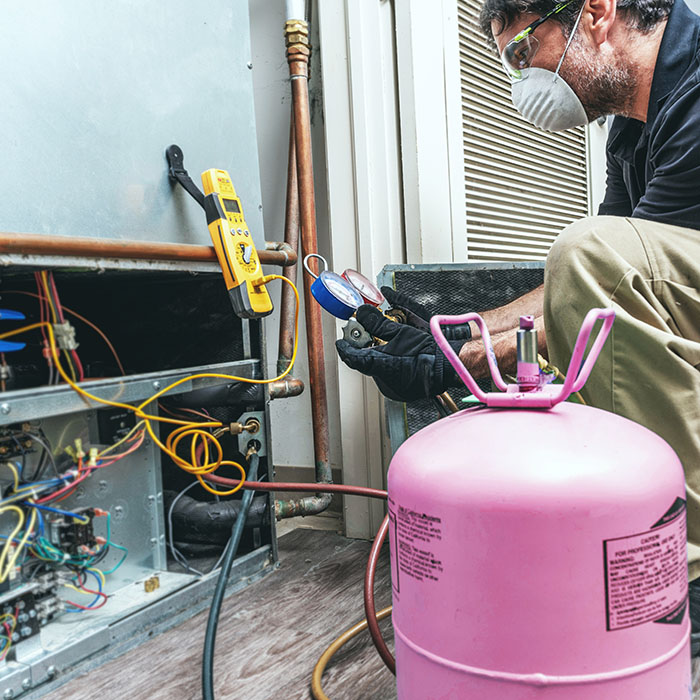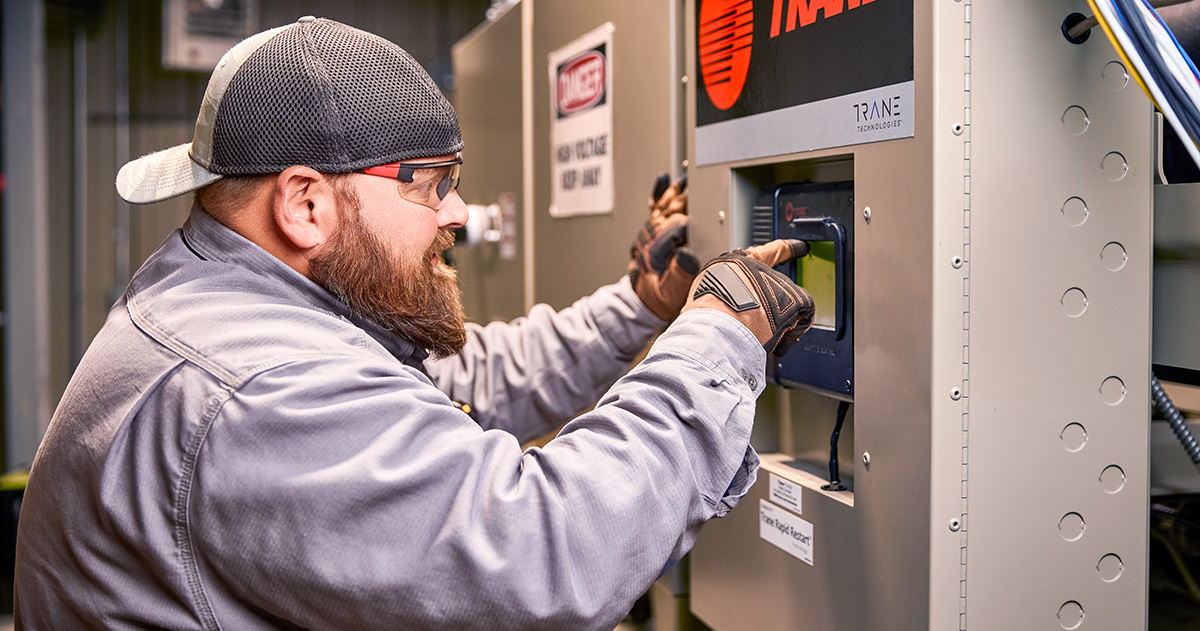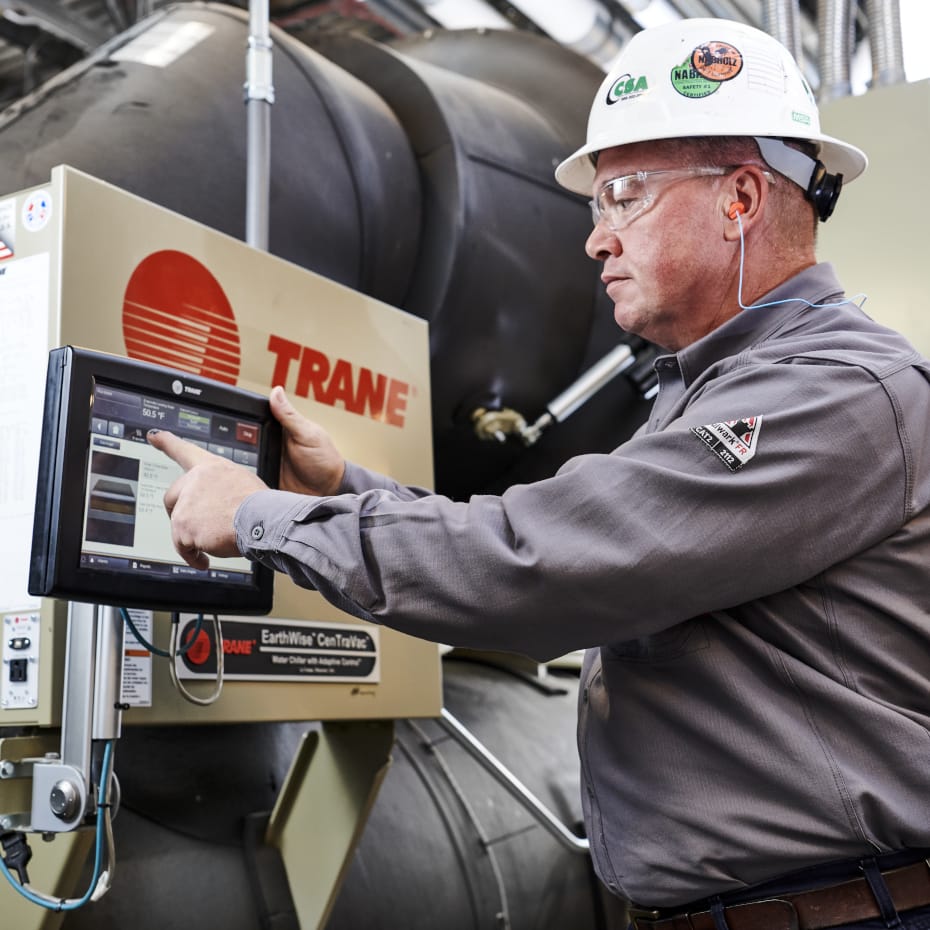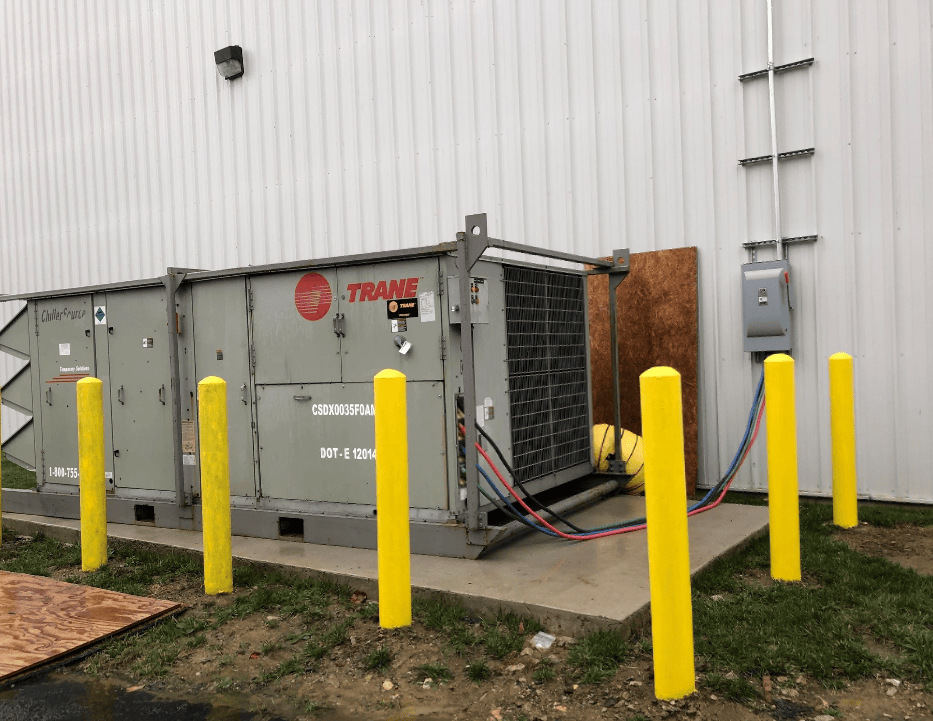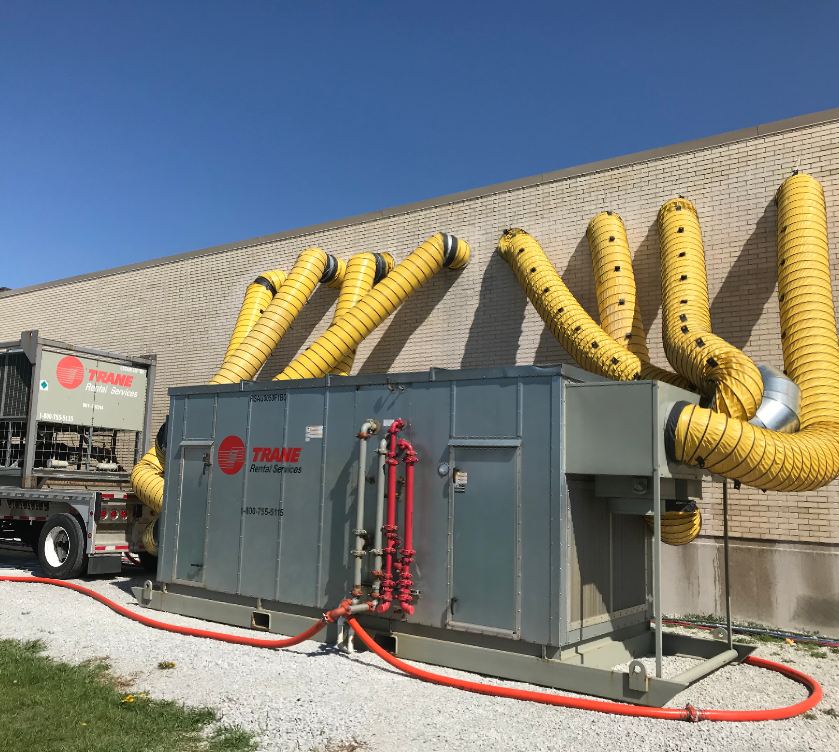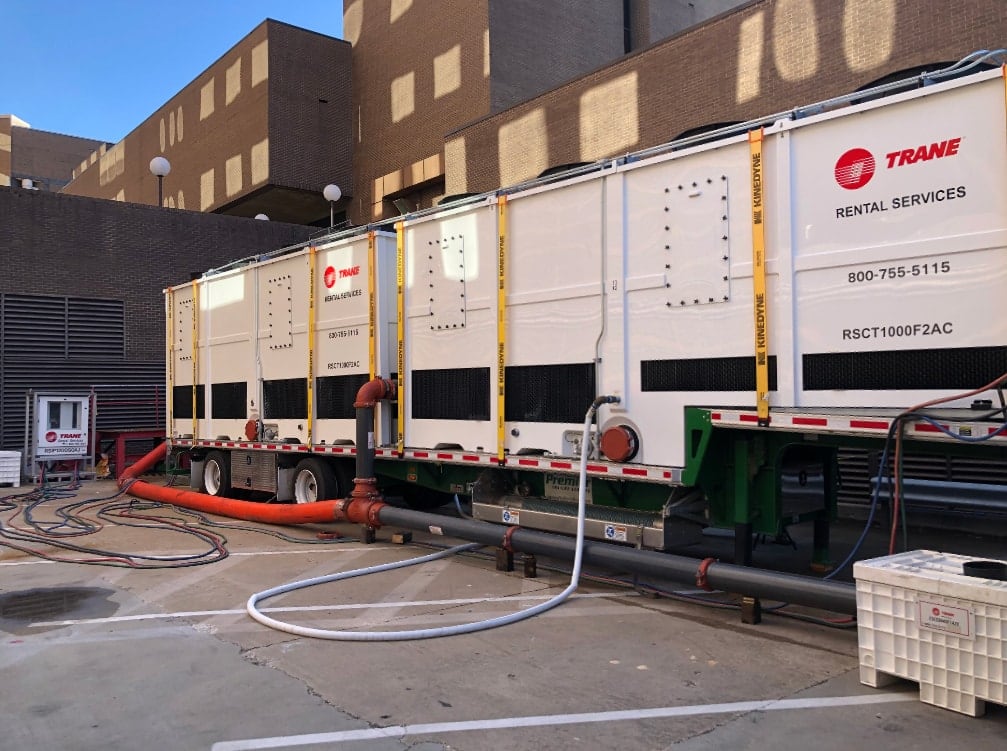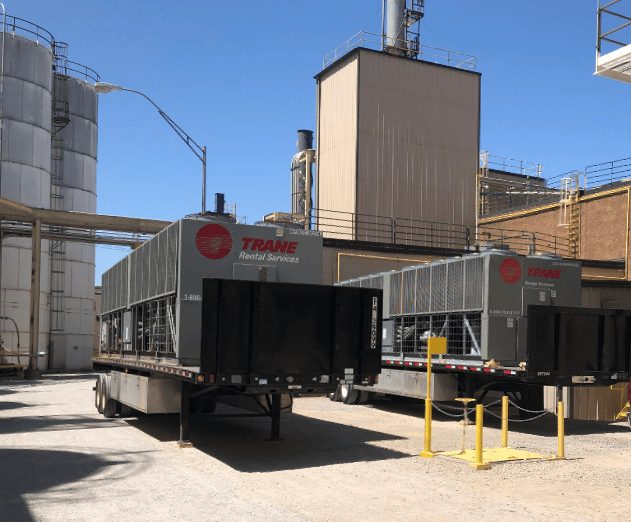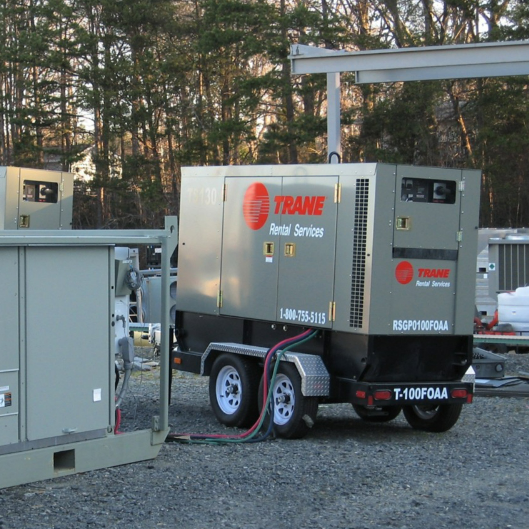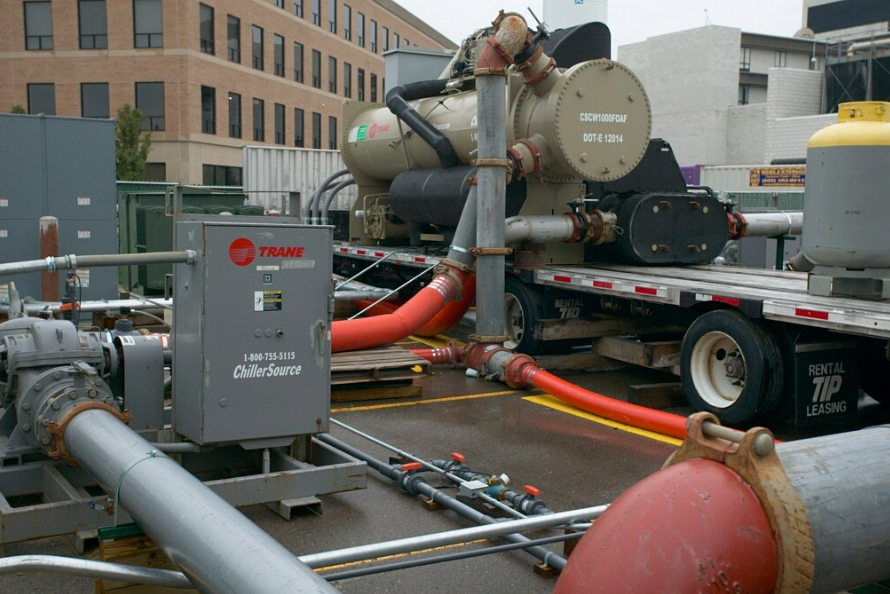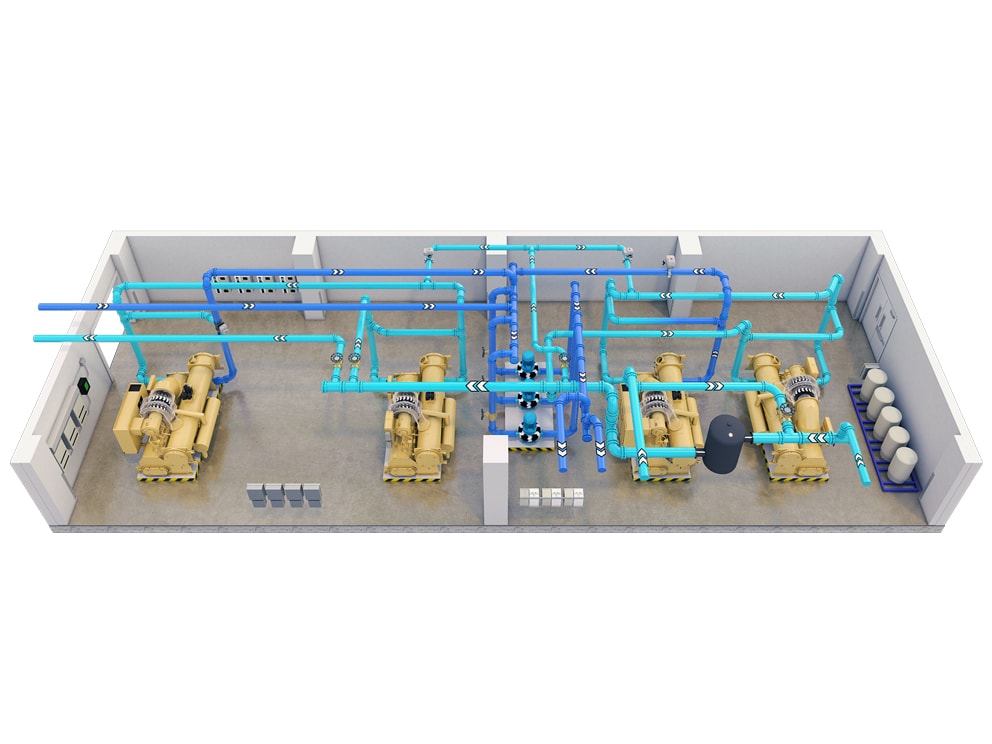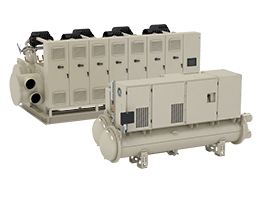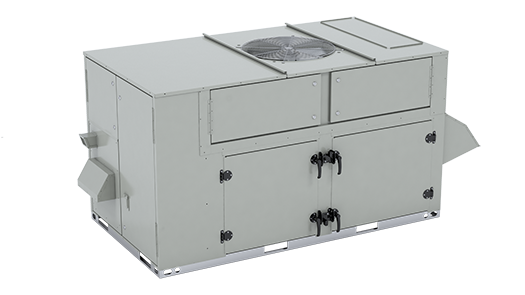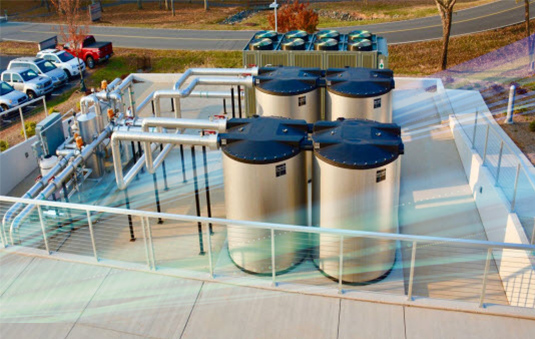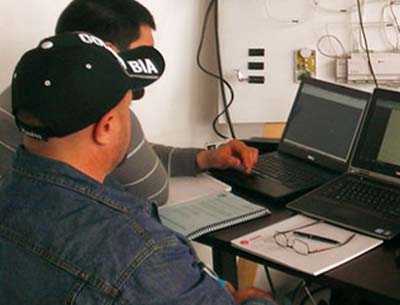Senate Confirmation Process for FERC Commissioners Underway
June 07, 2017
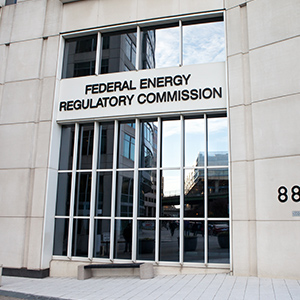
On May 25, two nominees for positions at the Federal Energy Regulatory Commission (FERC), Neil Chatterjee and Robert Poweleson, were interviewed by members of the Senate Energy and Natural Resources Committee. This is the first step in the process that could eventually restore the full powers to FERC, the federal agency that, among other things, regulates the transmission and wholesale sale of electricity and natural gas in interstate commerce.
The committee that runs FERC has had a rough six months. Going into the end of last year, the Commission that normally consists of five members was already short one regulator. In November, the chairperson, Tony Clark, retired, ending a long career in the energy industry. A few months later in February, acting chairperson Norman Bay announced his resignation, and Cheryl LaFleur, currently a sitting member, was elevated to acting chairperson by the new Trump administration.
At this point, the committee has only contained two members. Given a lack of quorum, many of the high level approvals needed for interstate pipelines and other large infrastructure projects have not been possible. This problem has been further compounded as Commissioner Collette Honorable, one of the two remaining members, announced in April that she would be leaving FERC after her term expired at the end of June.
Against this backdrop President Trump has nominated two candidates to the committee in hopes of restoring FERC’s full decision making powers. Both Neil Chatterjee and Robert Powelson’s names had been floated as possible nominees back in early March and are generally seen as experienced candidates. Chatterjee has been Kentucky Senator Mitch McConnell’s senior energy advisor since 2009. Powelson, a member of Pennsylvania Public Utilities Commission, also serves as the head of an industry organization that represents regulated utilities.
On May 25, the two nominees underwent hearings with the Senate committee responsible for vetting FERC commissioners. These were largely devoid of the political fireworks that so often accompany talks on energy policy. Questions on how to handle state initiatives were met with remarks that emphasized allowing states as much freedom as possible in shaping their own energy mix, up to the limit that the market design would permit. Both nominees were asked to voice their stances on climate change, to which Powelson replied that he “was not a denier,” while Chatterjee instead focused on grid reliability.
While the consensus around the hearing was generally positive, there is no definitive timeline on how long the whole process will take. Historically, most nominees undergo a final vote within a period of about three months after being nominated, though Republicans have typically been quicker to confirm nominees from their own party. In keeping with this trend, Alaska Senator Lisa Murkowski, head of the Energy and Natural Resources Committee, hopes to hold a committee vote this week, queuing up the nominees to go before the entire Senate soon.
Assuming that Chatterjee and Powelson are both confirmed, the next step would be to fill the last two vacancies on the committee. Jones Day Attorney Kevin McIntire has widely been discussed as one possible nominee, but rules governing the committee makeup mean that the fifth and final appointee would have to be a Democrat. Thus far, there have been no names mentioned for Democratic commissioners. Yet if both are confirmed, the Commission would have the requisite three members and the process to fill the remaining openings would not be as urgent a matter.




